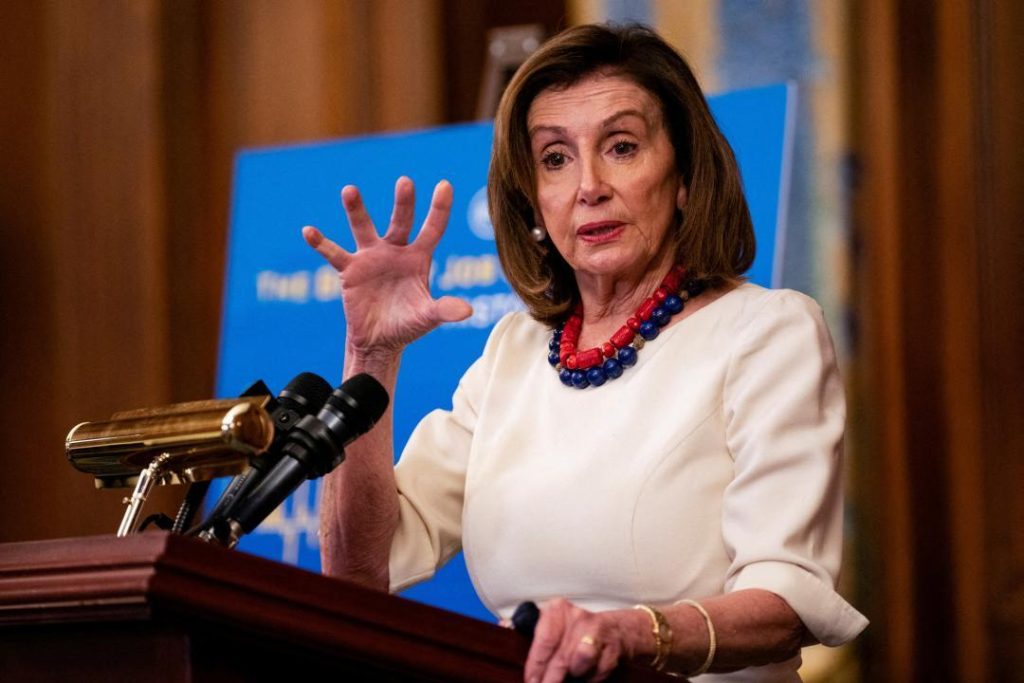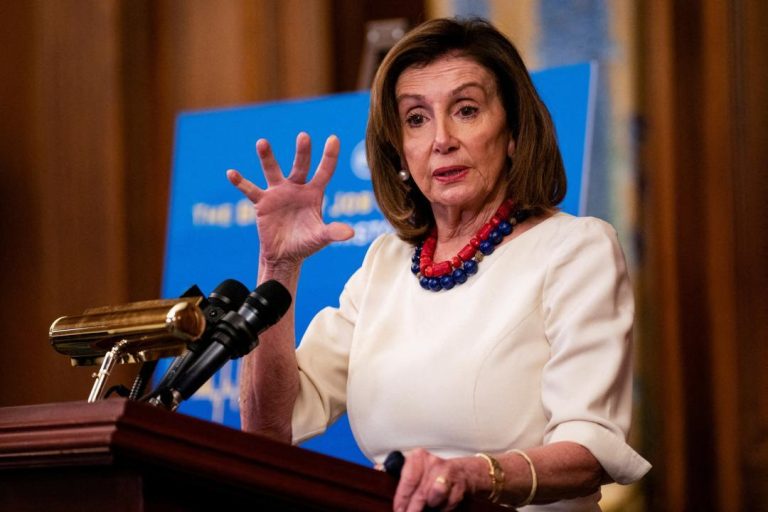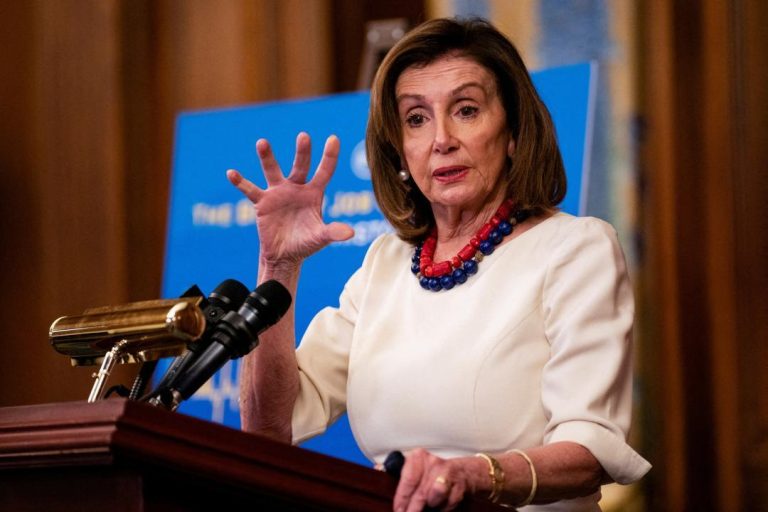
What is the PELOSI Act & why is it named after former US Speaker Nancy Pelosi?
In the United States, the world of politics and finance has always been intertwined, with lawmakers often having a significant stake in the outcome of policy decisions. This has led to concerns about the potential for conflicts of interest and the misuse of power for personal gain. To address these issues, US Senator Josh Hawley has reintroduced the PELOSI Act, which aims to prohibit lawmakers and their spouses from holding or dealing in stocks while holding office.
So, what is the PELOSI Act, and why is it named after former US Speaker Nancy Pelosi? In this blog post, we’ll delve into the details of the act and its significance.
What is the PELOSI Act?
The Preventing Elected Leaders from Owning Securities and Investments (PELOSI) Act is a bill that seeks to prevent lawmakers and their spouses from engaging in insider trading or using their positions of power to benefit financially from their investments. The act would prohibit lawmakers and their spouses from owning or trading individual stocks, but would allow them to invest in mutual funds (MFs), exchange-traded funds (ETFs), and Treasury bonds.
The act is designed to prevent lawmakers from using their access to non-public information to make informed investment decisions, which could give them an unfair advantage over other investors. For example, if a lawmaker knew that a certain company was about to receive a government contract, they could use that information to buy stock in the company before the news became public, making a profit when the stock price increases.
Why is the PELOSI Act named after Nancy Pelosi?
The PELOSI Act is named after former US Speaker Nancy Pelosi, who has been criticized for her significant stock market gains during her term as Speaker. According to reports, Pelosi’s husband, Paul Pelosi, made millions of dollars in stock trades during the pandemic, including a significant investment in a company that received a government-backed loan.
Pelosi has denied any wrongdoing, stating that she and her husband followed all applicable laws and ethics rules. However, the controversy surrounding her investments has raised questions about the potential for conflicts of interest and the need for greater transparency in lawmakers’ financial dealings.
The need for the PELOSI Act
The PELOSI Act is seen as a necessary step to address the growing concerns about the lack of transparency in lawmakers’ financial dealings. With the increasing complexity of the financial markets and the growing power of lawmakers to shape policy, the potential for conflicts of interest and insider trading is greater than ever.
The act is also seen as a way to restore public trust in the political process. When lawmakers are seen to be profiteering from their positions of power, it can undermine public confidence in the system and create a sense of cynicism and disillusionment.
What does the future hold for the PELOSI Act?
The PELOSI Act has been reintroduced by Senator Josh Hawley, but it still faces significant challenges before it becomes law. The act will need to be approved by the Senate and the House of Representatives, and then signed into law by the President.
Despite the challenges, the PELOSI Act has gained significant support from both Democrats and Republicans, and it is likely to remain a key issue in the upcoming elections. If passed, the act would be a major step forward in promoting greater transparency and accountability in the political process.
Conclusion
The PELOSI Act is a landmark piece of legislation that aims to prevent lawmakers and their spouses from engaging in insider trading or using their positions of power to benefit financially from their investments. Named after former US Speaker Nancy Pelosi, who has been criticized for her significant stock market gains during her term as Speaker, the act is seen as a necessary step to address the growing concerns about the lack of transparency in lawmakers’ financial dealings.
If passed, the act would be a major step forward in promoting greater transparency and accountability in the political process, and would help to restore public trust in the system. As the act makes its way through Congress, it will be important to continue to monitor its progress and to hold lawmakers accountable for their actions.






